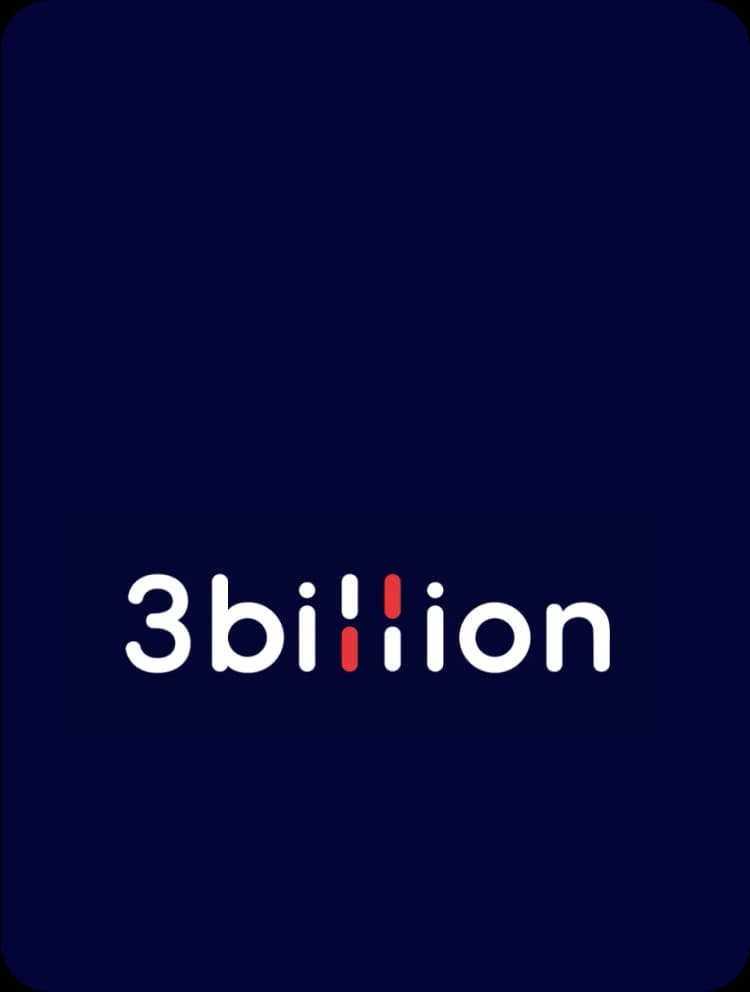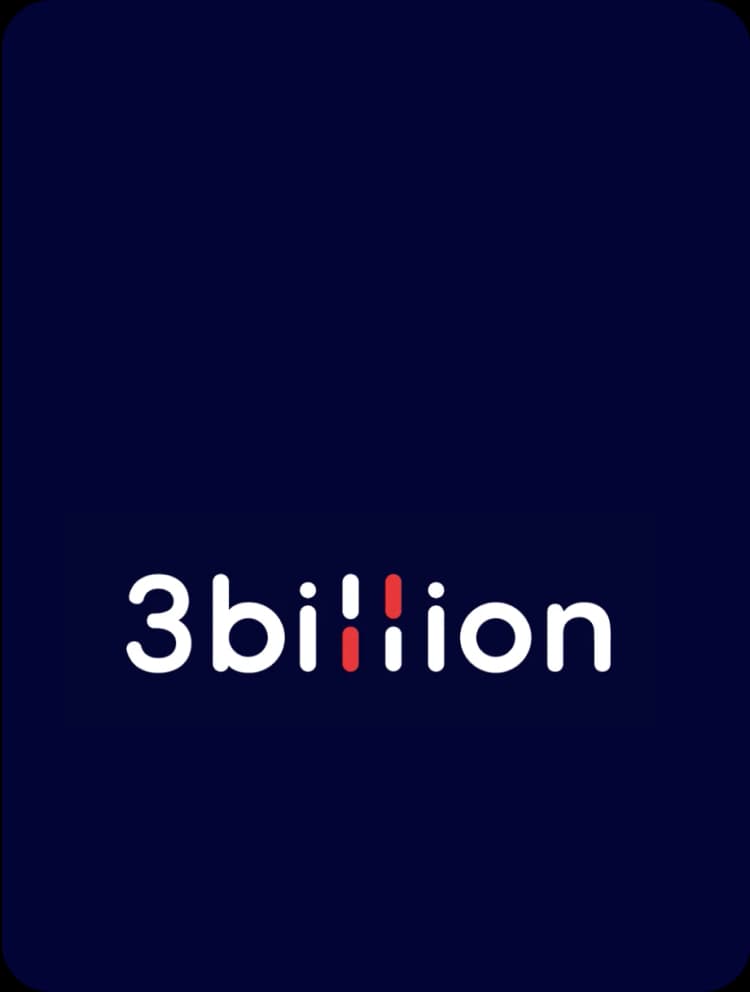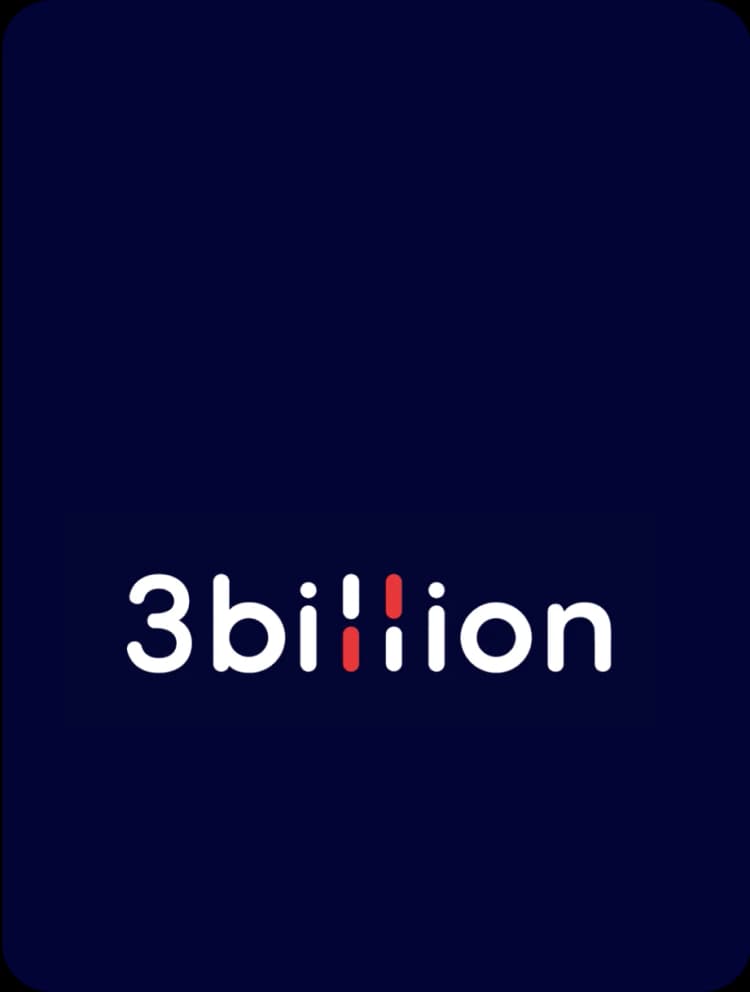Eye rare disease: Interview with Dr. Jinu Han
The third guest of Good Doctor Season 1 is Professor Jinu Han from Gangnam Severance Hospital. Professor Jinu Han is a specialist in pediatric eye diseases and genetics. He has been working towards improving diagnosis of rare eye disease patients with 3billion.
Chief Business Officer (CBO) Genie Lee and Chief Medical Officer (CMO) Gohun Seo from 3billion sat down with Dr. Han for this interview, which was held in Gangnam Severance Hospital on August 29.
Genie Hello. We are conducting this interview to learn about your experience with rare disease patients in a clinical setting, and to deliver useful information to practitioners who are not familiar with genetics. Thank you for accepting the interview.
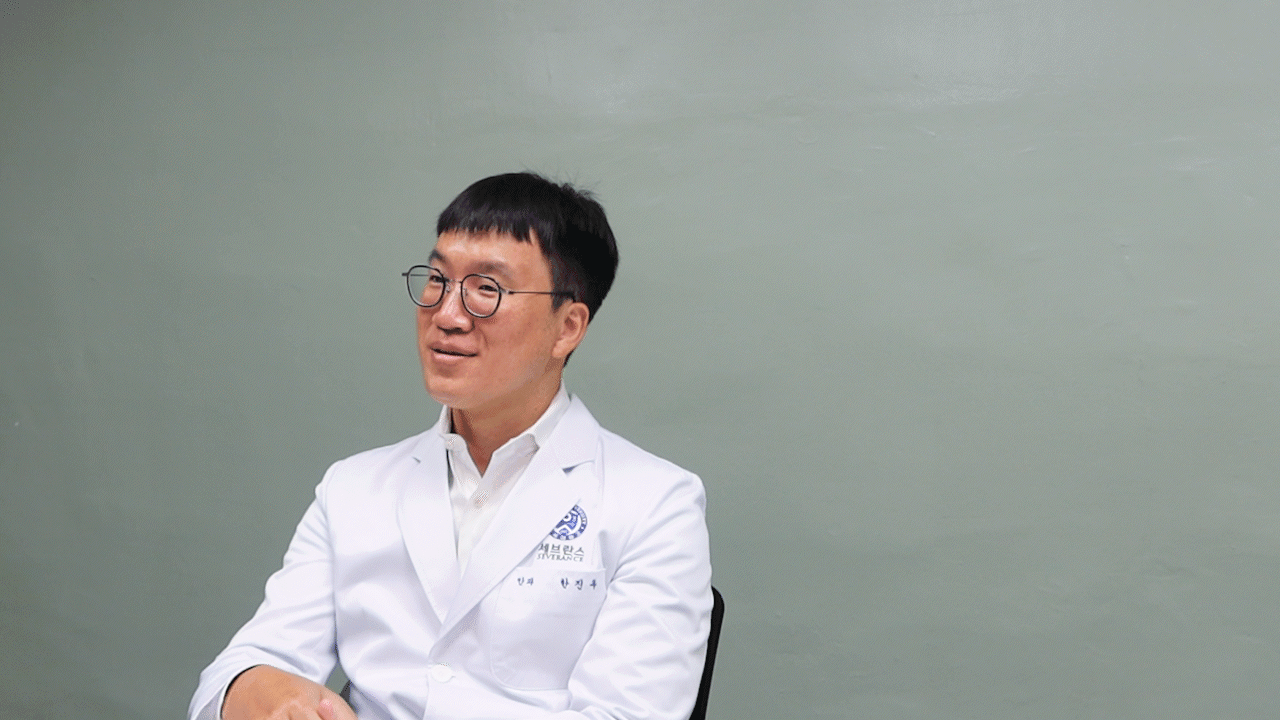
What made you choose a doctor as your career?
Genie Why did you decide to go to medical school? Was there a special reason?
Dr.Han I had to decide on my career in 1998, which was during the IMF crisis, one of the worst years for the Korean economy. As you know, it was a socially unstable period back then. I also contemplated engineering, especially electrical engineering since I enjoyed mathematics and science. But I ended up deciding to go to medical school, thinking that being a doctor would give me a stable job.
Why did you choose to major in ophthalmology?
Genie There are many fields of study in medical school as well as many subspecialties. So why did you decide to become a pediatric ophthalmologist?
Dr.Han First of all, I thought that ophthalmology was special because it is unique and specialized compared to other fields. Our ophthalmology department at Gangnam Severance Hospital has five specialties: retina, glaucoma, cornea, pediatric ophthalmology, and ophthalmic plastic and reconstructive surgery. Out of these, I chose pediatric ophthalmology, which I found was most suitable. Since each specialty clinic is very unique, doctors in each specialty rarely share patients. (In terms of pediatric ophthalmology, there are about 100 pediatric ophthalmologists in tertiary hospitals in Korea.)
The second reason that I chose ophthalmology is because of the equipment. Most of the ophthalmic equipment is highly sophisticated medical equipment, that combines mathematics and engineering. I thought ophthalmology was very attractive in this aspect.
Genie Yes, I have seen in your previous interviews that you are very interested in sophisticated ophthalmic equipment.
What was your first experience with genetic testing?
Genie Could you tell me about your very first encounter with a rare eye condition? I’m curious about your experience seeing a patient with eye rare disease for the first time.
Dr.Han It was about April or May in 2015. A mother brought her child for consultation because her child could not make eye contact. I suspected Leber congenital amaurosis, and we had to find one causal gene among 23 genes known to cause this disease. By the way, at the time, the only way to find out was to test all 23 genes one by one. So I reached out to my colleague, Professor Seung-Tae Lee from the department of Laboratory Medicine, to help me find a method for testing them all at once. That’s when he recommended me to use next-generation sequencing (NGS).
NGS technology allowed me to provide my patient with the correct diagnosis and I wrote a blog post about similar cases. After this, mothers of children with similar problems read my post and visited me. I was able to give a lot of my patients a diagnosis with the help of genetic testing. My colleague, Professor Lee helped me a lot.
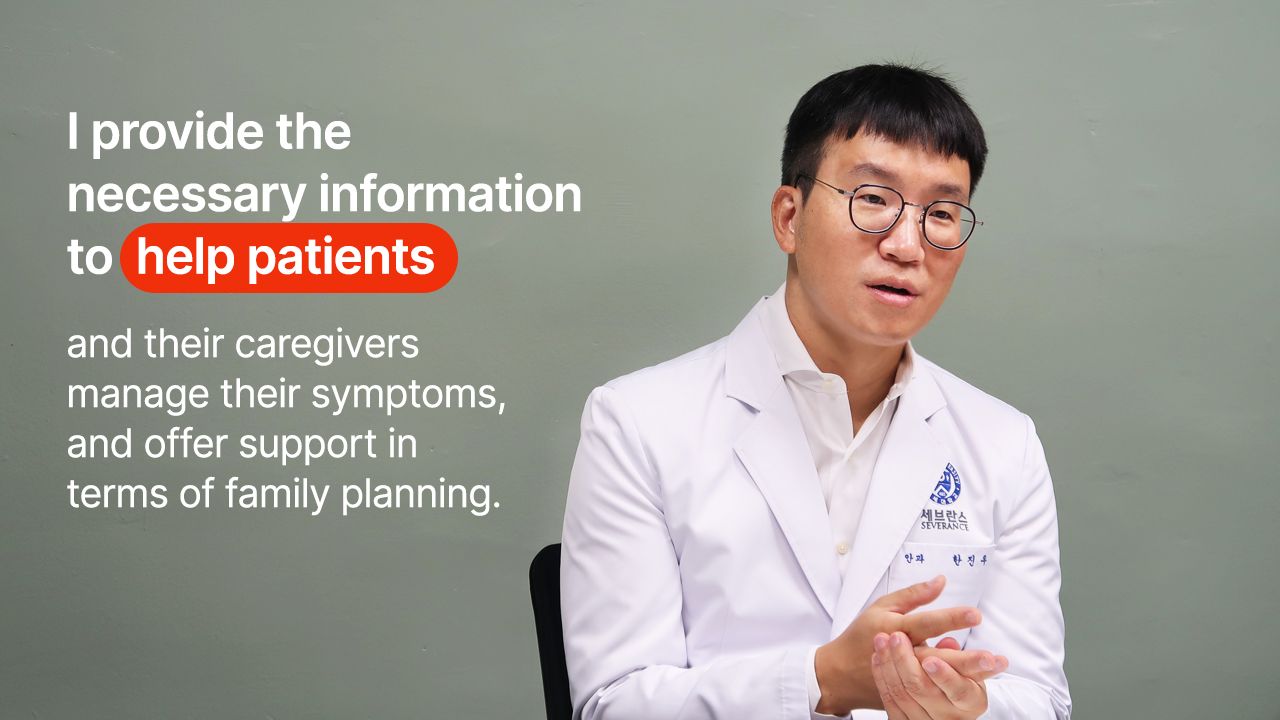
What is the diagnostic yield for genetic testing in ophthalmology?
Genie It seems really difficult for parents to determine if their infant or child’s vision is developing normally, or if they should suspect a disease. Is it easy for you to determine this?
Dr.Han It varies depending on the condition; however the diagnostic yield for Leber congenital amaurosis is quite high. Infants at about 100 days of age showed distinctive symptoms, including involuntary eye twitching and failure to make eye contact. From my experience, pathogenic variants were found through genetic testing in over 90% of suspected patients. It is often the case that symptoms are less telling. In this case, we often suggest waiting for a while rather than conducting a genetic test right away.
Are there many options for treating Leber congenital amaurosis?
Genie You mentioned that Leber congenital amaurosis is diagnosed relatively easily. If so, are there many treatment options and drugs available for patients?
Dr.Han For the type RPE65 of Leber congenital amaurosis, there is a drug from Novartis, Luxturna. However, if other genes are the cause, there is no drug as of now. Leber congenital amaurosis causes complete vision loss, which severely affects a patient’s life and requires support from caregivers. It is truly unfortunate that there are no treatment options available. But, I provide the necessary information to help patients and their caregivers manage their symptoms, and offer support in terms of family planning.
Do you have patients who have tried the RPE65 gene therapy, Luxturna?
Genie Considering the prevalence rate of RPE65-related Leber congenital amaurosis and the price of Luxturna, it seems likely that you would have only a limited experience prescribing this drug. Could you tell me about your experience with this gene therapy?
Dr.Han There aren’t many IRD (Inherited Retinal Disease) patients diagnosed with the RPE65 variant in Korea. I have met three people. There is a person who was administered with treatment after being diagnosed through the Korea Disease Control and Prevention Agency. The treatment was very effective, and the patient had an interview with a Korean national broadcaster, SBS. It was a big issue at that time. I was also very surprised to see that the patient improved after treatment. On the other hand, there are some people who aren’t as willing to try this form of treatment, because they aren’t sure yet or they find the drug to be prohibitively expensive. However, RPE65 therapy is very effective, and there are a lot of ways to receive financial support, even though insurance is not available yet. By corporate funding or crowdfunding, the treatment can be paid for. Therefore, I encourage my patients and others to receive prescription for the treatment.
Is genetic testing beneficial even for rare eye diseases with no treatment yet?
Genie Except for Leber congenital amaurosis caused by the RPE65 variant (accounting for about 6% of all cases of Leber congenital amaurosis), I believe the majority of related conditions don’t have available treatment. Would patients in this category also benefit from genetic testing?
Dr.Han Yes, they would. In many cases, diagnosis is of great help to medical treatment. It provides insights for additional testing or helps ameliorate symptoms. For example, genes causing Familial Exudative Vitreoretinopathy are known to cause osteoporosis. If those genes can be identified, additional testing for osteoporosis can be done. Identifying causal genes are helpful for additional testing, since that’s when we can make judgment calls on an MRI or a renal ultrasound.
This information also helps with managing symptoms. For specific congenital cataract, we can help slow the progression of the disease. For patients with Stickler syndrome due to COL2A1, cryotherapy can prevent retinal detachment, which occurs at around 20 years of age.
How many patients are newly diagnosed with rare eye diseases each year?
Genie You also see many patients who don’t have genetic disorders as a pediatric ophthalmologist. How many patients are newly diagnosed with rare diseases in a year?
Dr.Han It may be about 50 patients per year who are newly diagnosed with rare diseases. Most of them are children as these conditions develop at a young age. But, the symptoms for RPE65 show up later in life, and I also diagnose adults. The diagnostic yield of early onset diseases may be 80-90%, and the overall yield is about 50%. The diagnostic yield for RPE65 Leber congenital amaurosis is a little lower.
You have used panels and even WGS (whole genome sequencing) for genetic diagnosis. What are the advantages and disadvantages?
Genie You are a genetic diagnostic specialist who uses various testing methods, including panels, WES, and WGS. You also interpret the tests results yourself. What are the characteristics of each testing method?
Dr.Han Panel testing is convenient, read depth is high, and it is easy to see CNV (copy number variation). WES has advantages in terms of gene discovery and reanalysis. In addition, it’s good to conduct a comprehensive analysis of genes that were not considered previously in panel tests.

What Makes Our Exome Testing Advanced?
Find out how our enhanced exome solutions deliver better coverage and accuracy.
Do you find a clear, simple report or a very detailed report more helpful?
Genie We try to be as clear as possible with our results by sorting out a lot of information, to save you time interpreting the results. What kind of reporting do you prefer?
Dr.Han If the results are clearly positive, I prefer clear and simple results. But if it’s inconclusive, I would like to receive data about information on suspected variants as much as possible. Because there are many cases where we find the most likely variant among those.
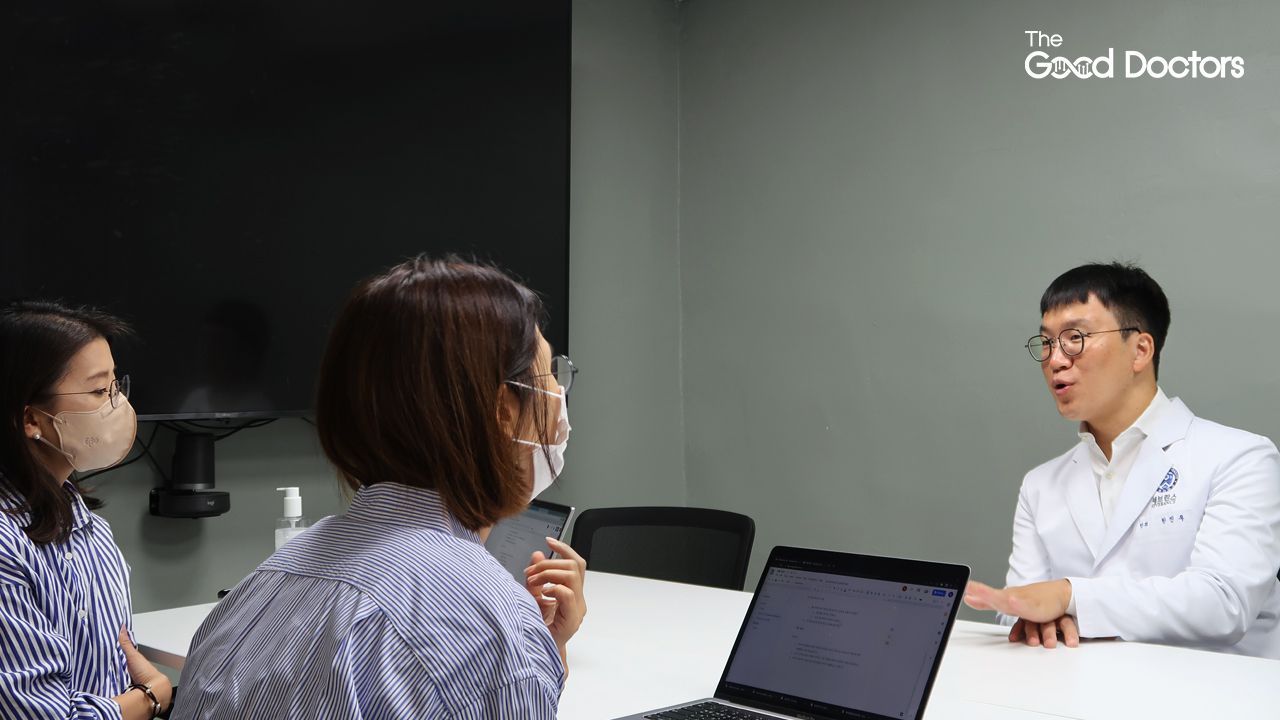
Do you have any difficulties conducting genetic testing?
Genie Many doctors say that they have difficulty in the process of suggesting genetic testing and consulting patients regarding the results. Have you also experienced similar difficulties?
Dr.Han When we recommend genetic testing along with other tests to parents to get an accurate diagnosis, they often misunderstand our intentions and feel like we are trying to blame one side.
Genie I see. I have heard that some doctors feel the most comfortable when they deliver results for a ‘de novo’ variant.
Dr.Han Yes. Moreover, I would like to spend enough time on genetic consultation after testing, but it is difficult because I just don’t have enough time. I try to answer as many questions as possible, but since there are other outpatients, it’s often the case that the consultation time is not long enough. It would be better if there are genetic counselors who are fully dedicated to this role. However, there are a lot of difficulties surrounding insurance and costs.
What do you expect from 3billion?
Genie Many doctors put a lot of effort into diagnosis and treatment of patients with rare diseases. What can we, as a genetic testing company for rare diseases, do to be more helpful?
Dr.Han It’s very difficult, but I hope that the diagnostic yield can be improved even just a little. However, it seems that there are definitely difficulties because you do not directly see patients. We give you information on symptoms with as much details as possible since the order page is very easy to use. But 3billion’s team cannot see patients or directly access their image data. The best case would be to have ophthalmologists within the company, but that might not be realistic. I believe we should engage in more frequent communication about our patients.
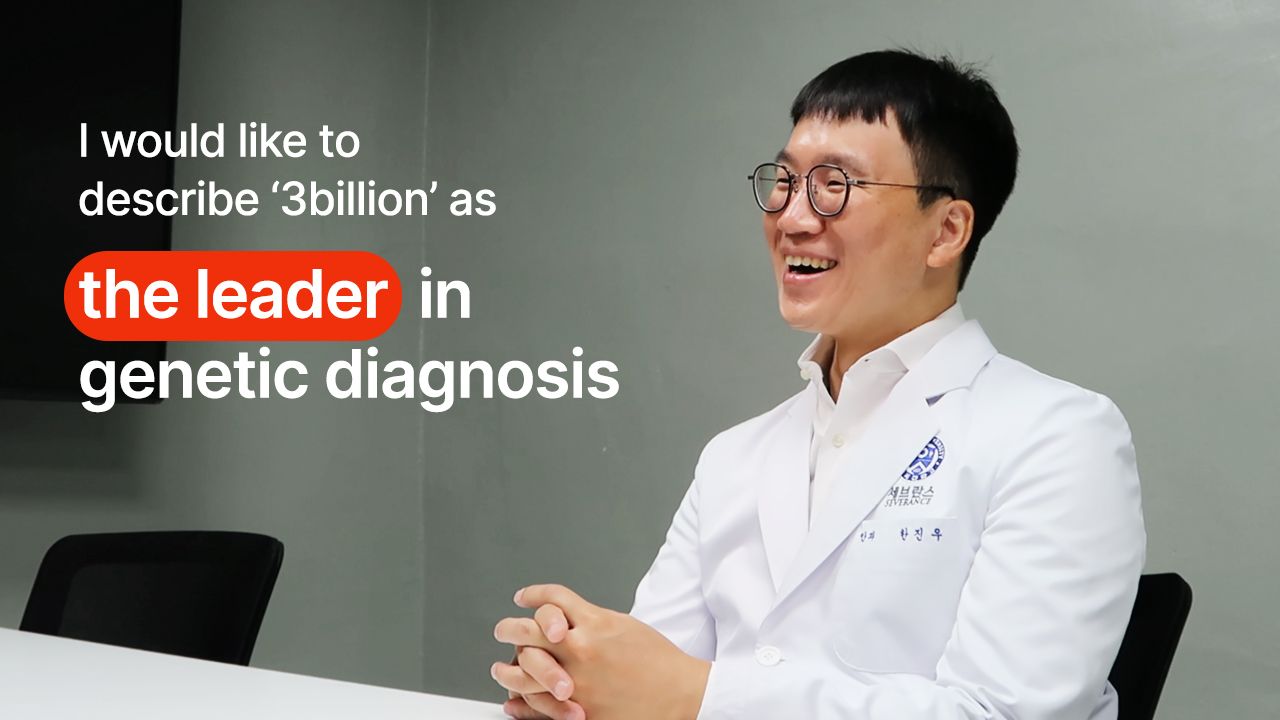
How would you describe 3billion in one sentence?
Genie This is the last question that we always ask in our interview series. How would you describe 3billion in one sentence?
Dr.Han I would like to describe it as “the leader in genetic diagnosis.” I believe 3billion is very focused on genetic testing of rare diseases and consistently incorporates new technologies.
Genie Thank you. Thank you for your time. I heard that you are going on a sabbatical in February next year at the Ocular Genomics Institute in Boston. We hope that you can experience new diagnostic technologies and be of more help to patients in Korea when you come back. Take care, and let us know anytime if there is anything we can help in regards to rare diseases.
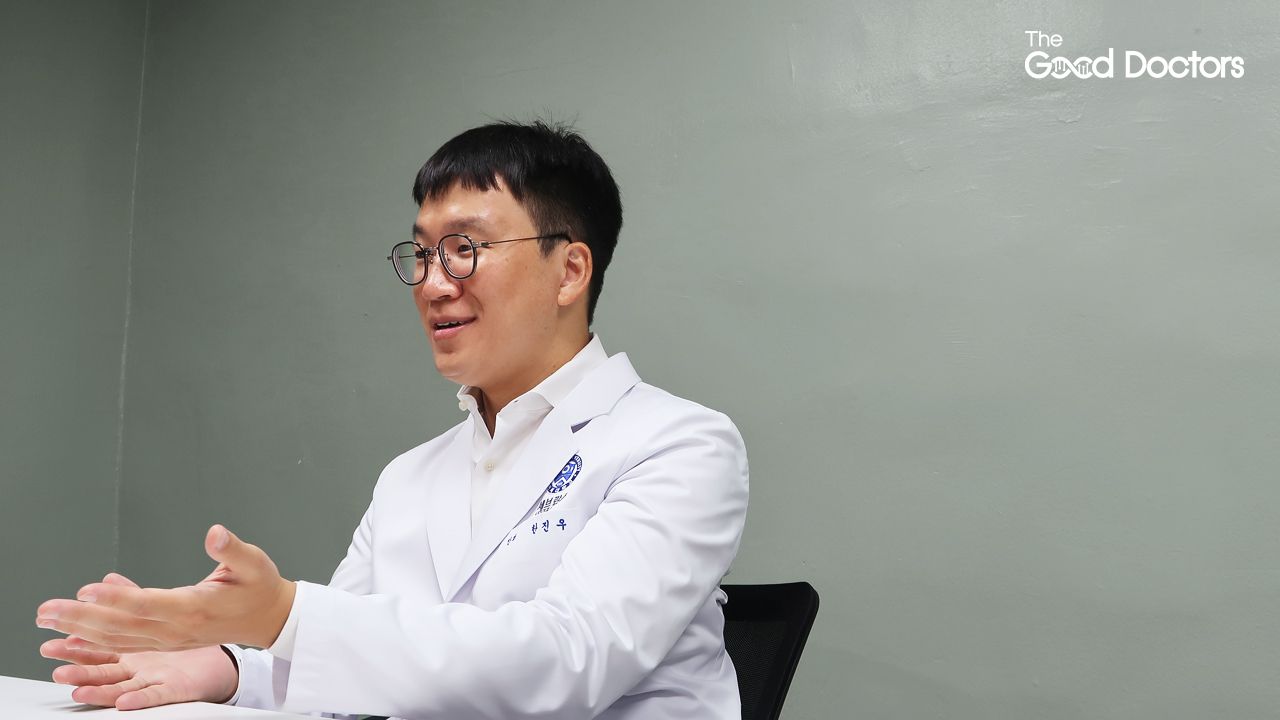
Get exclusive rare disease updates
from 3billion.

Sookjin Lee
Expert in integrating cutting-edge genomic healthcare technologies with market needs. With 15+ years of experience, driving impactful changes in global healthcare.


